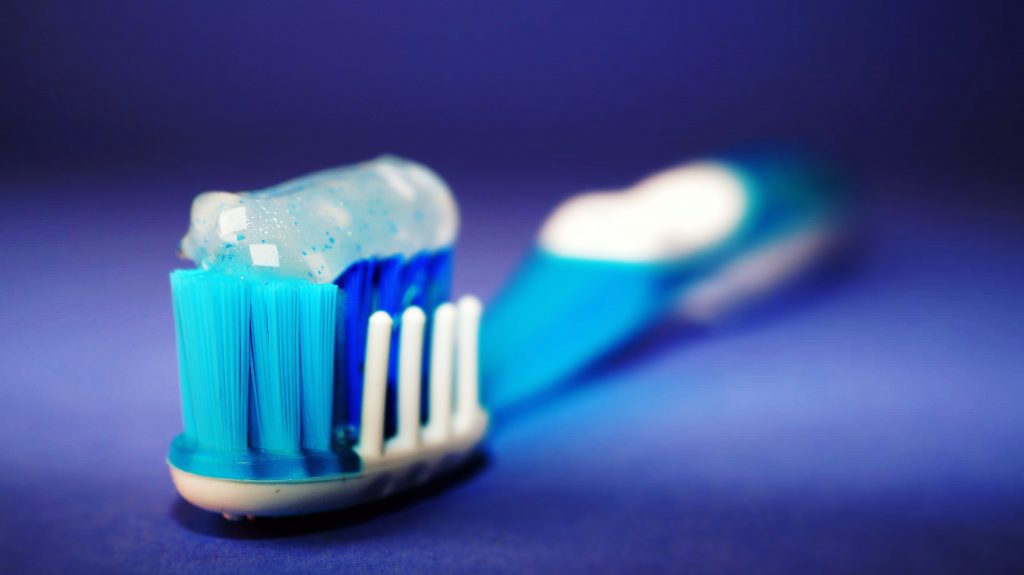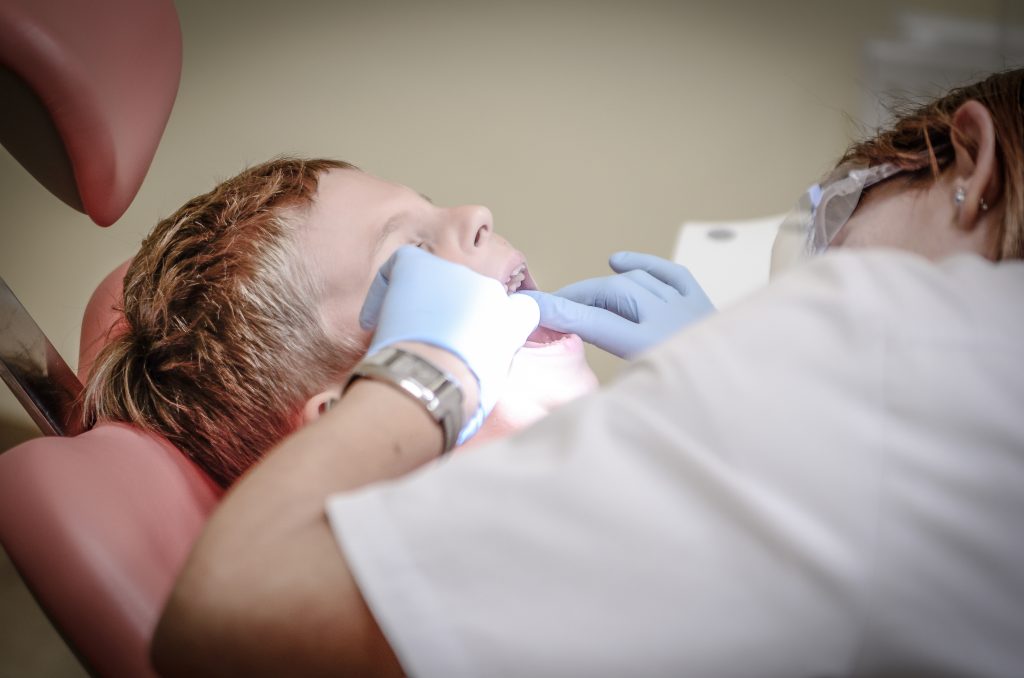Professionals employed as dental hygienists educate patients on how to improve their oral health.
They work mainly at dentists’ offices and can have either full-time or part-time schedules.
They often have to clean teeth and provide curative and preventative oral care as well as examine patients for signs of oral diseases.
With the salary far above average, the job outlook for dental hygienists is highly positive.
It takes about three years of education and obtaining a license to start practicing the occupation.
However, there are numerous benefits that come with this job.
Article Table of Contents
What Does a Dental Hygienist Do
Dental hygienists usually work under the supervision of a licensed dentist.
However, they are not qualified to perform the same procedures or make diagnostics as dentists do.
Their focus is on menial tasks, such as keeping patients’ teeth and gums clean and healthy.
Responsibilities
The most common responsibilities of a dental hygienist are as follows:
- Following the appropriate procedures and protocols.
- Preparing patients for their treatments as well as treatment rooms.
- Welcoming, seating, and calming the patients.
- Answering questions and requests of patients and providing them with any relevant information.
- Maintaining and sterilizing tools necessary for the practice.
- Evaluating oral health and performing preventative treatments.
- Selecting techniques and materials to meet the needs of every patient.
- Performing radio-graphic studies and using various probes.
- Performing dental procedures: cleaning deposits and stains from teeth, applying fluoride and other cavity preventing substances, assessing levels of gum recession, arresting the development of tooth decay, maintaining the patient’s ability to chew as well as their appearance.
- Occasionally assisting dentists.
- Holding a CPR certification.
- Keeping a reliable stock of emergency drugs and oxygen.
- Maintaining a directory of emergency numbers and educating patients on what they go through.
- Offering post-operation instructions and keeping patients informed of their next dental appointment.
- Keeping records of medical and dental histories of patients.
- Keeping all the patient information confidential.
- Following the rules, regulations, and procedures of the dental practice.
- Following all infection-control and hygienic norms and protocols.
- Staying updated with the latest advances in the field.
- Attending meetings, workshops, social gatherings.
Essential Skills
Attention to detail:
To perform their duties efficiently, dental hygienists need great attention to detail.
Also, they should have advanced technical skills and the desire to develop their skills.
These professionals also should be organized and have good dexterity.
Compassion:
Dental hygienists should be caring and nurturing with their patients.
They need a strong moral compass.
A great deal of compassion and empathy are also essential for the job.
Interpersonal:
Dental hygienists should listen effectively and have great verbal communication skills.
Additionally, they need superior interpersonal skills and be able to work in a team.
Stamina and strong stomach:
To do this job properly, one needs good stamina and a very strong stomach.
These professionals shouldn’t be easily disgusted and should be able to work on their feet for a long time.
They should also be stress and pressure tolerant.
How to Become a Dental Hygienist
Dental hygienists work under the supervision of a dentist, but that is in an official sense.
Unlike dental assistants, dental hygienists can see to their patients on their own time and leisure.
They can even direct their workflow and tasks.
The dentists are usually around only for diagnosis and to help make decisions on the best treatment course.
Training and Qualifications
To practice as a dental hygienist, you need to go through extensive education.
Almost every state requires an associate’s degree in Dental Hygiene together with a state license.
Also, pretty much every state requires a CPR certification.
While the most common degree required is a bachelor’s degree, others are also viable in most states.
You can earn either a master’s degree, a bachelor’s degree, or an associate’s degree.
You can obtain a degree from one of more than 270 programs with accreditation by the American Dental Association’s Commission on Dental Accreditation.
Education usually takes around two years.
To get into a dental hygiene school, aspiring dental hygienists need to excel in chemistry, math, biology, and health courses.
They should also have some years of junior college before.
The median salary of dental hygienists was $72,910 or $35.05 hourly in 2016.
That is twice higher than the minimum wage.
Over the years, this amount can increase.
You can also have additional income sources such as bonuses, overtime, commissions, and profit-sharing.
Experience
According to PayScale, dental hygienists don’t usually get too much of a salary increase over the course of the career, unlike most positions in health care.
Experience helps, however, acquire new career opportunities.
With more experience, your chances of being hired increase as well.
Some employers require over five years of experience as a dental assistant or three years as a dental hygienist.
The reason is a great deal of responsibility dental hygienists take on, as some people can’t work great under pressure.
The experience demonstrates that employees can tolerate stress.
Working Hours
The job of a dental hygienist can vary from one dentist’s practice to another.
It can also depend on whether they are employed in the private sector or a public setting.
There can also be different conditions coming with part-time or full-time work.
One great perk of a dental hygienist work is that they can schedule their hours according to their needs.
Only 47% of dental hygienists work 30 to 40 hours per week.
Only 17% of all dental hygienists reported being employed in the occupation with their primary dental employer for more than 20 years.
Career Outlook
The job outlook for dental hygienists is highly optimistic.
The employment rate is expected to grow by 19% by 2024, according to the BLS.
This rate is much faster than the national average, which is 8% for all other occupations.
The reasons for growth are the increase in oral health concerns and studies that link oral health to general health concerns.
With great compensation for overtime, $60.51 per hour, the job is very sought-after.
Annually, you can get about $3,000 in bonuses and up to $20,000 in commissions.
With profit-sharing, you can make an additional $5,600 per year besides the base compensation.
There are some things about this career that dental hygienists appreciate the most:
- A great amount of prestige.
- Great personal and professional satisfaction.
- Great job flexibility (both schedule-wise and setting-wise).
- A high amount of variety throughout their day.
- Plenty of future job opportunities.
- Higher job security than many other jobs.
Conclusion
The position of a dental hygienist is one of the most sought-after in oral health care.
The educational requirements are relatively low, the salary is high, and career opportunities are broad.
A highly optimistic career outlook is another reason why the position is in high demand.

